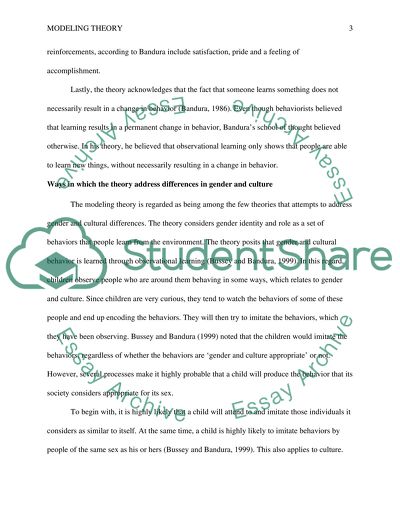Cite this document
(“Albert Bandura: Modeling Theory Essay Example | Topics and Well Written Essays - 1250 words”, n.d.)
Retrieved from https://studentshare.org/psychology/1488199-albert-bandura-modeling-theory
Retrieved from https://studentshare.org/psychology/1488199-albert-bandura-modeling-theory
(Albert Bandura: Modeling Theory Essay Example | Topics and Well Written Essays - 1250 Words)
https://studentshare.org/psychology/1488199-albert-bandura-modeling-theory.
https://studentshare.org/psychology/1488199-albert-bandura-modeling-theory.
“Albert Bandura: Modeling Theory Essay Example | Topics and Well Written Essays - 1250 Words”, n.d. https://studentshare.org/psychology/1488199-albert-bandura-modeling-theory.


